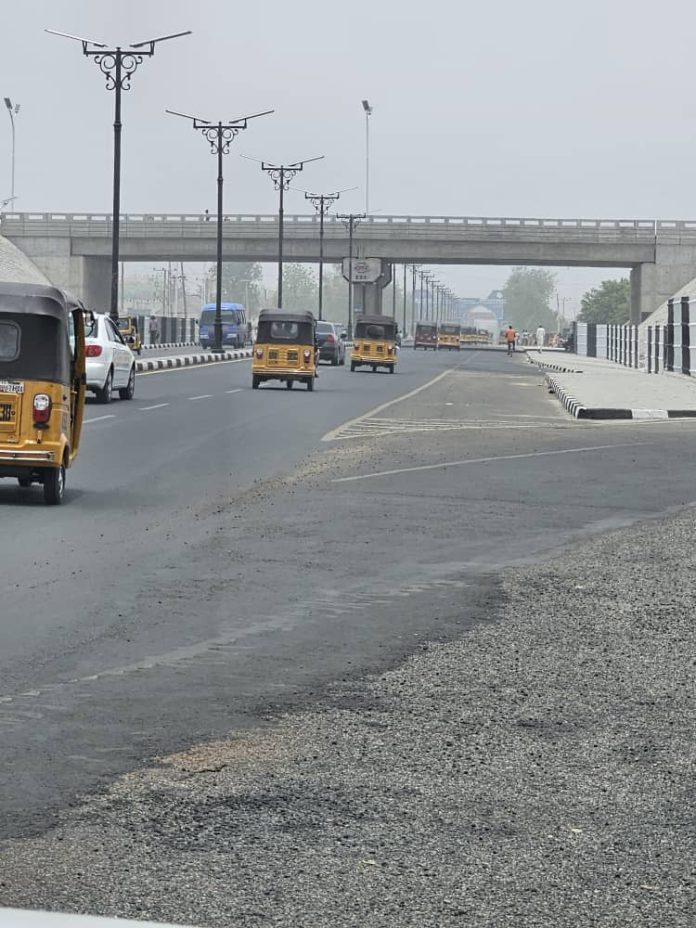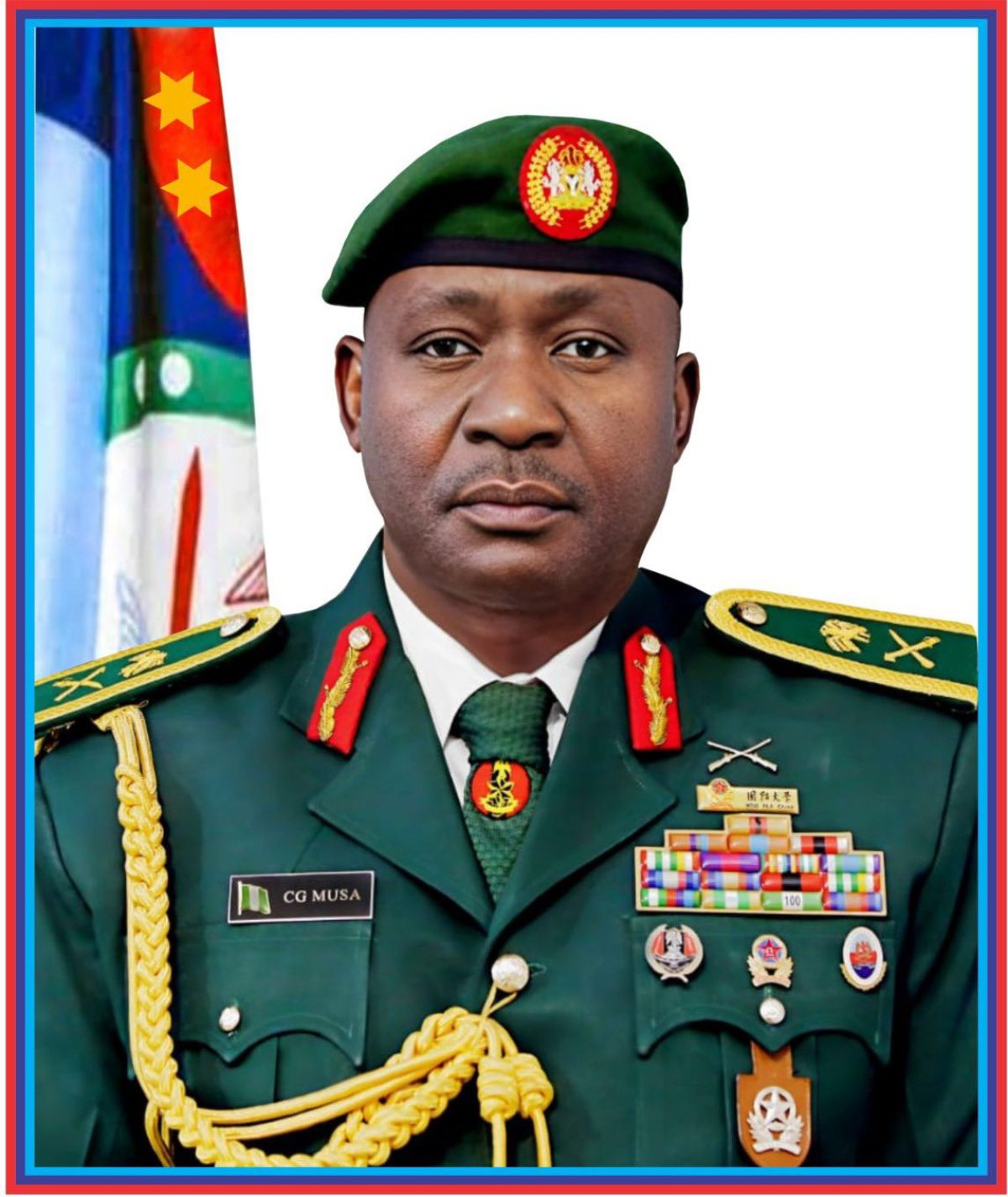It was over a week earlier that Professor Shehu Liberty called to inform me that I was to be part of the training team for a workshop that his consultancy was putting together in collaboration with the Borno State Government, for an intensive workshop for Directors in the Borno Civil Service who began their examination this morning, for promotions as Permanent Secretaries. Today is Friday, April 19th, 2024; and I’m awake early to begin packing my box because I’m returning to Abuja this afternoon.
The intensive workshop was held on Tuesday and Wednesday inside a newly constructed hall in the expansive Musa Usman State Secretariat in Maiduguri. More than 30 Directors are vying to become Permanent Secretaries, and what was impressive from the onset was the punctuality of the group. The team was seated very early. I arrived at the hall by 8.30 and I was delighted to find that most of the directors were there.
Over the two days, we had a relay of resource persons exploring various themes in a most engaging manner. Nothing beats experience; and that was particularly central to the various presentations made. These were mainly retired civil servants who had very long years of experience in the service and that showed in the quality of presentations.
I was the lead consultant for the workshop and I was very impressed that the Borno State Government takes very seriously the issue of proper selection of the bureaucrats that would provide the expertise and leadership of the development process.
The Borno State Government produced a 25-year Development Plan as well as a 10-Year Strategic Transformation Initiative which had at it’s core, the transformation of the state into a world-class society that increasingly responds to the needs of its people. And they take it very seriously because the workshop was constructed around enlightening this group of prospective Permanent Secretaries on the central kernel of the plan; earn their buy-in and hopefully, getting them to become very conscious drivers of the anticipated outcomes which the plan envisages.
I am always looking out for markers of change and growth whenever I travel around the various states and cities of our country, as much as I do in my various travels around the world. Over the decades, I can make the claim to have become an experienced traveller and observer, and I’ve gathered sufficient understanding of how societies work. Believe me when I say that Borno continues to impress me in the incremental strides being made in several areas of development.
Maiduguri is becoming ever more vibrant. On Monday evening we ran into a scrum of young people who were milling around the entrance of the city zoo. They were still in the Sallah festivity mode and that surprised me quite a bit. I was discussing with Shehu Liberty the fact that we have a frightening youth bulge to deal within our country, and that’s particularly poignant in a state like Borno that’s still dealing with the consequences of the insurgency. For me, it was an example like this that validates the development agenda that the 25-Year Development Plan and the 10-Year Strategic Transformation Initiative are dedicated to.
Wherever one turns in this city, there are examples of growing confidence that Maiduguri is deepening its culture of business. Markets are full and traffic on roads conveys private vehicles, the new city buses that government procured recently to ease transportation cost, and Keke, while traffic lights points still have the persistent vendors and young and elderly beggars.
Maiduguri also has a fleet of electric car taxi cabs with their charging point, and I must add that I’ve not seen that in other cities, at least not in any of the cities that I live in. The streets are still swept early in the morning, so they tend to be very clean and generally well-kept.
Yesterday night, we drove in the direction of the airport. And around the Bulunkutu area, a new, impressively constructed overhead bridge has recently been delivered. It has added to opening up traffic in the city while adding to the general aesthetic of the city. It was not here the last time I was in Maiduguri. Professor Liberty assured me that it was constructed within the last six months or so.
When I checked out of the hotel, I made for the BOSCO petrol station where the eco-friendly electric car taxi cabs are parked and charged. They’re fifty in number and are part of the new initiative in Borno to offer the community subsidized transportation against the backdrop of the removal of petrol subsidies and the hike in the prices of petroleum products at the commencement of the Tinubu administration. Borno is a leader in this and the buses purchased too have become part of the culture of movement here. I made my driver make a detour to the post office area to see the buses and on the way to the airport, I stopped briefly to take in the new flyover. As I asserted earlier, it wasn’t there when I was last in Maiduguri. It opened a new route for movement while adding to the general beauty of the city.
As I reflected on the five days that I’ve spent here, two issues interconnected developments for me. The first was the shock associated with the Boko Haram insurgency. It’s arguably the worst FITNA in the thousand-year history of Kanem-Borno. It has been very shocking in its impact on lives and livelihood. The destruction that the insurgency has wrought is unprecedented, and it’s impact would linger for a very long time. Who would have associated with Borno the depth of depravity, total loss of respect for human life and the carnage which arebhallmarks of the Boko Haram insurgency?
The Borno people in general and it’s elite in particular, came to the early realization that this cannot be treated with old remedies. If society was going to find a way to overcome, then they must rethink their values.
I think one of the most ingenious approaches to dealing with the consequences of the tragedy of Boko Haram, has been the leadership recruitment process. For this, we must centrally locate the foresight of Vice President Kashim Shettima. In the years that he governed here, he began the painstaking process of thinking through and re-engineering the values of leadership as well as the delivery of development. It was the best answer to the anarchic and very destructive path which the insurgency had deliberately towed.
It was that deliberate rethinking of leadership recruitment which threw up Babagana Umara Zulum as the successor to Kashim Shettima. There is a general concensus in Borno and Nigeria, that the pathway to that transition has been very vital to the development which Borno is recording. I’ve been witness to these heartwarming transformations.
On a final note, I can make some jocular references to a drawback which has nothing to do with Borno, people and leadership. And that’s the incredible heat at this time of the year. The stifling heat has been very tough for me, with temperatures going beyond 40 degrees centigrade. A few minutes out in the sun, and my body was craving rehydration. I was very scared about exposure but the people take the weather in their strides, providing again, an indicator of how humans adapt to the environment, humanize it, and build cultures and livelihood, over several millennia.
Not that they are unaware of the impact of the weather here. No. I noticed a nursery that was preparing trees and ornamental plants in a corner of the Musa Usman Secretariat. And a lady was dutifully watering the plants in the nursery early on Wednesday morning as I was driven to the venue of our workshop.
I am concluding the last paragraphs of this piece inside the Max Air flight that’s taking me back to Abuja. The Rano Airways flight is also on the ground, and the flights are often quite full. The passengers are normal Borno people with their facial marks, their friendly smiles and faces; their elegantly dressed women; the NGO types who have a very strong presence here as they are wont to doing, following and living on conflicts; and a reporter, like this writer.
I’ve enjoyed my stay; and I will be back in just a few days for the second leg of the training program, which brought me to Yerwa. It’s always good to be back in Borno.
Is’haq Modibbo Kawu, PhD, FNGE, is a Broadcaster, Journalist, and a Political Scientist .




